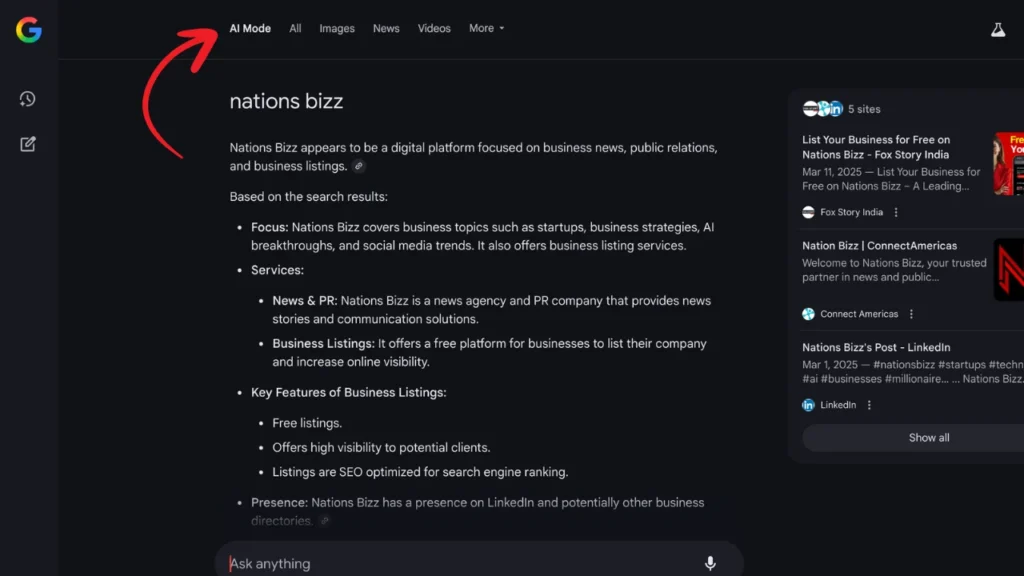In the ever-evolving world of technology, China has carved its digital ecosystem with homegrown applications that rival or surpass their Western counterparts in innovation and user base. While many international apps such as Google, Facebook, Instagram, and WhatsApp dominate globally, their access is restricted or banned in China due to regulatory reasons. As a result, Chinese companies have developed powerful alternatives that serve the country’s vast internet population. These apps are not only deeply integrated into the daily lives of Chinese citizens but have also become industry leaders in their respective domains. Here’s a look at the top 10 alternative applications that are famous in China, offering similar or even superior features compared to their global equivalents.
WeChat (Alternative to WhatsApp, Facebook, Instagram, and more)
WeChat, developed by Tencent, is arguably China’s most important app. Unlike WhatsApp, which is primarily used for messaging, WeChat is an all-in-one super app. It allows users to chat, make voice and video calls, post moments (similar to Instagram stories), pay bills, transfer money, book taxis, order food, and even file for divorce. With over 1.2 billion users, WeChat is not just an app—it’s a lifestyle. Businesses use WeChat for marketing and customer engagement, making it central to both personal and professional life in China.
Weibo (Alternative to Twitter and Facebook)
Sina Weibo is a microblogging platform often dubbed the “Twitter of China,” but it goes far beyond that. It combines the features of Twitter, Facebook, and Instagram, allowing users to post updates, follow celebrities, and engage in trending discussions. With a strong focus on visuals, hashtags, and real-time content, Weibo has become a hub for news, entertainment, and public opinion. Many global brands entering China also set up a Weibo presence to connect with younger audiences.
Baidu (Alternative to Google)
Baidu is China’s leading search engine, holding over 70% of the market share. While it serves as the main search portal like Google, Baidu also offers maps, cloud services, an encyclopedia (Baidu Baike), and AI-based tools. It caters specifically to Chinese-language content and government censorship rules. For users in China, Baidu is the default gateway to online information and services, much like Google is in the West.
Alipay (Alternative to PayPal and Google Pay)
Alipay, developed by Alibaba Group, is a mobile payment and digital wallet platform that dominates China’s cashless economy. Though PayPal is widely used worldwide, Alipay provides a more comprehensive ecosystem, enabling QR-based transactions at street vendors, malls, hospitals, and even taxis. Users can also buy insurance, pay utility bills, invest in mutual funds, and book travel. With over a billion users, it has transformed the way financial transactions happen in China.
Douyin (Alternative to TikTok)
Although TikTok is globally famous, its original Chinese version, Douyin, is tailor-made for the local audience. Both are owned by ByteDance but operate separately. Douyin offers enhanced features such as in-app e-commerce, live streaming, and direct product links, making it a powerhouse for content creators and businesses alike. Its sophisticated algorithm provides highly personalized content, keeping users engaged for long durations.
Tencent Video (Alternative to YouTube and Netflix)
Tencent Video is one of China’s most popular video streaming platforms, competing with services like YouTube and Netflix. It offers a vast library of movies, dramas, variety shows, and anime. It also produces original content similar to Netflix Originals. Many shows released on Tencent Video quickly became national phenomena, especially among younger audiences. Subscriptions, in-app purchases, and advertising drive its revenue, reflecting the scale of its user engagement.
JD.com (Alternative to Amazon)
JD.com, also known as Jingdong, is one of China’s largest e-commerce platforms, often compared to Amazon. Known for its speedy delivery and self-owned logistics network, JD.com sells everything from electronics to groceries. It has built a reputation for reliability and quality, offering guarantees of product authenticity. The company is also investing in drone delivery, robotics, and AI, showing how e-commerce innovation is thriving in China.
Youku (Alternative to YouTube)
Youku, owned by Alibaba, is another top video-sharing platform in China. It focuses more on user-generated content and licensed entertainment than live streaming. Much like YouTube, users can upload their videos, subscribe to channels, and leave comments. Youku has also partnered with major Chinese studios and global production houses to stream exclusive shows and movies.
Meituan (Alternative to Uber Eats, Yelp, and TripAdvisor)
Meituan is a multi-service platform covering food delivery, hotel booking, movie tickets, and travel services. It merges the utility of apps like Uber Eats, Yelp, and TripAdvisor into a single interface. Users can browse reviews, order meals, reserve hotels, and schedule leisure activities. With its data-driven recommendation engine and seamless payment system via WeChat Pay or Alipay, Meituan is a go-to app for urban living in China.
QQ (Alternative to Skype, Messenger, and old-school chat apps)
QQ, also developed by Tencent, predates WeChat and was one of China’s earliest instant messaging apps. It remains popular among students and office-goers for messaging, voice/video calls, file transfers, and even gaming. It also has a web portal with news, music, videos, and social features. While WeChat took over for many, QQ retains its nostalgic value and continues to serve millions with lightweight communication features.
In conclusion, China’s digital space is rich with innovation, creating ecosystems of apps that function independently of global giants. These homegrown platforms are not just substitutes but often offer enhanced functionality suited to the Chinese user’s lifestyle and regulatory environment. As these companies grow and expand internationally, they are also reshaping global tech trends. For anyone looking to understand the Chinese market or explore new tech ecosystems, these apps are essential starting points.



















